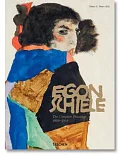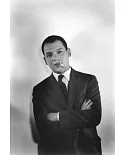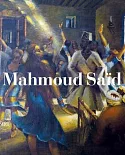Vincent van Gogh (1853–1890) believed that drawing was “the root of everything.” A self-taught artist, he succeeded, between 1881 and 1890, in developing an inimitable graphic style. This
book traces the artist’s successive triumphs as a draftsman, first in the Netherlands and later in France, highlighting the diversity of his technical invention and the striking continuity of
his vision. Given the pivotal role drawings played in Van Gogh’s artistic conception and the rich dialectic they enjoyed with his oil paintings, a small selection of related canvases by the
artist is also featured. This beautiful book presents approximately 120 works in charcoal, ink, graphite, watercolor, and diluted oils. The authors explore enduring questions that surround
Van Gogh’s drawings, including their manufacture, artistic precedents, and contribution to Modernism. In addition, the text discusses the significance of the artist’s drawing practice to his
development as a painter. The essays and entries feature the most current research on Van Gogh’s drawings and provide fresh interpretations of the motivating influences that shaped the
artist’s contributions to the history of drawing.





















